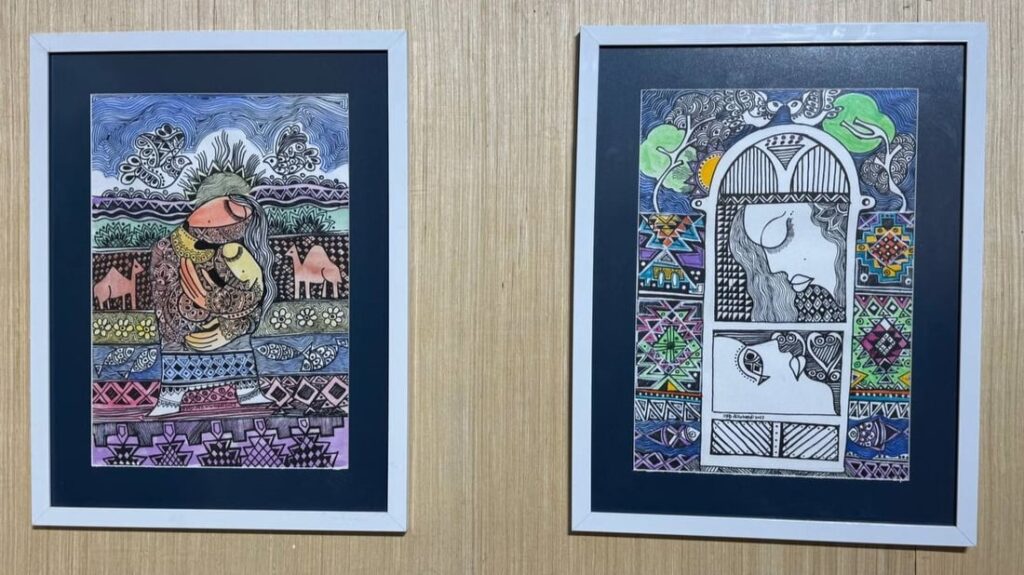Iraqi army takes control of Iraqi-Kurdish border crossing with Turkey

ANKARA
Iraqi troops deployed on Oct. 31 at one of the main land crossings with Turkey, gaining a foothold at the Iraqi Kurdistan Regional Government (KRG)-held frontier for the first time in decades and imposing one of Baghdad’s central demands on the autonomous region.
Iraq’s entire land border with Turkey has been controlled by the KRG since before the fall of Saddam Hussein in 2003.
But since the KRG staged a referendum on independence on Sept. 25, it has found itself increasingly isolated, with the central government demanding a presence at all border crossing points.
The Iraqi forces set up positions between the Turkish and the KRG checkpoints at the border crossing between the Turkish town of Habur and the KRG town of Faysh-Khabur, a security source in Baghdad was quoted as saying by Reuters.
Vehicles crossing the border would now be subject to three checks - by Turks, Iraqi forces and the KRG.
Turkish Prime Minister Binali Y?ld?r?m said on Oct. 31 that the Habur border gate with northern Iraq was handed over to the Iraqi central government from the KRG earlier in the morning.
“There was no problem during the hand over,” Y?ld?r?m said in an address to ruling Justice and the Development Party (AKP) lawmakers at parliament.
The border crossing will be controlled by officials from Turkey and the Iraqi central government from now on, he said, adding that transportation will continue on the current route.
“Those who take advantage of the route will be eliminated,” he said, referring to racketeering by the KRG taken from trucks using the Kurdish region to reach the other part of Iraq. “Step-by-step checks and illegitimate taxes across the border will be removed.”
The new practice will enable Turkey and Iraq to boost bilateral trade, Y?ld?r?m stated.
Turkey and Iraq will launch a second border gate in the near future, which will pass through Tal Afar, the prime minister noted.
The issue of control of the border crossing is of crucial importance for the KRG. The Faysh-Khabur crossing is the site of the main oil export pipeline for northern Iraq, and crude exports through it are the principal source of funds for the area.
The balance of power between Iraqi central government forces and the KRG has been transformed since the latter’s non-binding independence referendum on Sept. 25, opposed by the central Iraqi government in Baghdad as well as Iran, Turkey and Western allies.
In a visit by Iraqi Prime Minister Haider al-Abadi to Ankara on Oct. 25, the two countries agreed to operate alternative border crossings and for Baghdad to gain control of the current Habur border gate from the KRG.
A second border crossing from Ovaköy into Iraq can be opened, but security should be maintained by Iraq or Turkey, Turkish Customs Minister Bülent Tüfenkçi had said earlier.
Al-Abadi previously ordered his forces to recapture all territory held by the KRG outside the borders of their autonomous region, and most of it was seized this month within a matter of days.
Baghdad is also demanding control of all border crossings with Turkey and Iran.
Iraq’s military said a delegation headed by army Chief of Staff Lieutenant General Othman al-Ghanmi was visiting the Faysh-Khabur area to take control of KRG-held international border checkpoints with both Turkey and Syria.
Zebari, the Kurdish government advisor, was quoted as saying by Reuters that the KRG was prepared to accept “Iraqis at the airports and border posts to have oversight, to make sure everyone is in compliance,” but any such presence must be achieved through negotiations, not force.
The split between the KRG and the Iraqi central government is a particular challenge for Washington which is closely allied to both sides. The United States had urged the Kurds not to hold the referendum, worried that it would precipitate a backlash.


